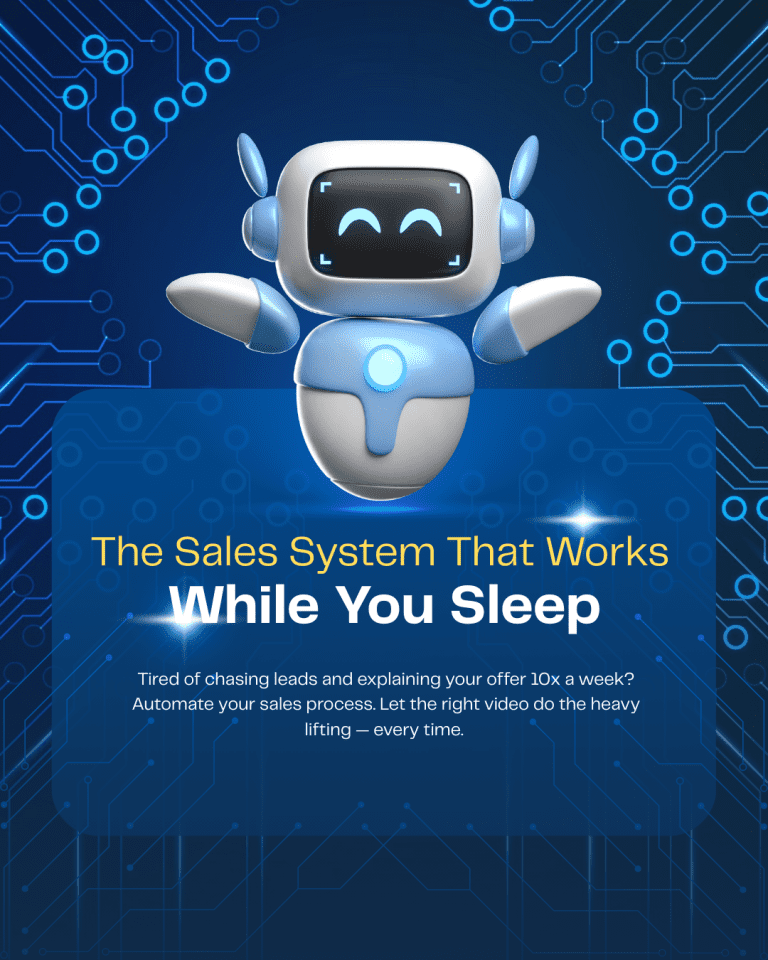The Secret Weapon for Attracting & Retaining Top Talent
Attracting and retaining top talent is critical for any growing business. One way smart business owners and entrepreneurs do this is by offering powerful, tax-advantaged benefits that go beyond traditional compensation. Enter the Executive Bonus Plan—a simple, flexible strategy using Indexed Universal Life Insurance (IUL) to reward key employees while gaining strategic tax advantages.
In this article, we’ll break down how an IUL works within an executive bonus structure, and why it’s a win-win for both the employer and the employee.
✅ What Is an Executive Bonus Plan?
An Executive Bonus Plan, often referred to as a Section 162 Plan, allows a business to pay premiums on a life insurance policy for a key employee as a bonus. The employee owns the policy and names the beneficiary, but the employer pays the premium—typically tax-deductible as compensation to the business.
Why Use an IUL for an Executive Bonus Plan?
An Indexed Universal Life (IUL) policy adds more than just death benefit protection—it offers:
- Tax-deferred cash value growth tied to a market index (like the S&P 500)
- Tax-free loans and withdrawals for retirement or personal use
- No contribution limits, unlike qualified retirement plans
- Flexibility in premium contributions and death benefits
This makes the IUL an ideal funding vehicle for an executive bonus program designed to supplement retirement income or offer golden handcuffs.
How the Strategy Works
- The employer selects a key employee and agrees to provide an executive bonus.
- An IUL policy is purchased in the employee’s name, with the employee as the policy owner and insured.
- The employer pays the premium as a bonus to the employee. This amount is considered taxable income to the employee.
- Optionally, the employer can offer a “double bonus”—an extra bonus to cover the taxes due.
- The employee can access the cash value tax-free via policy loans and withdrawals for supplemental retirement income, education funding, or emergencies.
Case Study: Potential tax-free retirement
Let’s say a business owner wants to reward a high-performing executive with a $25,000 annual bonus.
- Instead of giving a cash bonus alone, the business funds a $25,000 premium into an IUL.
- The business writes off the $25,000 as compensation.
- The employee receives a growing, tax-advantaged asset they can access in the future.
- After 20 years, the employee can draw a tax-free stream of income while still maintaining a death benefit.
Case Study: $100K Bonus for 10-Year Loyalty
The Situation:
A business owner wanted to promise a $100,000 bonus to a key employee—if they stayed 10 years.
The Solution:
Instead of waiting 10 years to pay a lump sum out of pocket, the employer funded an Indexed Universal Life (IUL) policy with $10,000 annually for 10 years (a total of $100,000 in premiums).
Here’s what happened:
- The employee owned the policy and named the beneficiaries
- Cash value inside the IUL grew tax-deferred, tied to the S&P 500 index
- After 10 years, the policy had grown to ~$130,000 in available cash value
- The employee could now access that money tax-free for retirement, home purchase, or anything else
- The policy still had a death benefit, protecting the employee’s family
- The business got to deduct the $10K annually as a compensation expense
- If the employee left early, the company could stop paying future premiums
Why It Worked So Well
✅ Locked in loyalty—the bonus was contingent on tenure
✅ Tax-efficient for both the business and employee
✅ No admin or ERISA rules like 401(k)s
✅ Flexible exit strategy—cancel or reassign funding if needed
This isn’t just a financial perk—it’s a retention strategy and a legacy planning tool rolled into one.
Key Benefits of Executive Bonus Plans
For the Business:
- No formal plan filing or IRS administration
- Tax-deductible bonuses
- Easy to set up and customize
- Attracts and retains top talent
For the Employee:
- Potential tax-free income in retirement
- Permanent life insurance protection
- Asset growth with downside protection
- Portable—even if they leave the company
- Tenure bonuses before retirement
⚠️ Things to Consider
- The bonus is taxable income to the employee (unless a double bonus is used).
- Policy performance depends on the chosen index and may vary.
- Not suitable for employees with health issues that make life insurance costly.
Ideal Candidates for an IUL Executive Bonus Plan
- Business owners with excess cash flow
- Key employees or executives with long-term value to the company
- Professionals seeking tax-advantaged supplemental retirement income
- Employers looking for non-qualified, flexible benefit options
Conclusion:
An IUL-funded Executive Bonus Plan is one of the most underutilized, yet powerful strategies in business planning. It creates immediate value, long-term loyalty, and builds wealth in a tax-advantaged way—without the complexity of qualified plans.
If you’re a business owner looking to reward key employees or boost your own retirement income strategy, consider integrating an IUL-based Executive Bonus Plan into your compensation model.
Need help structuring a custom plan?
Contact us today to meet with a licensed agent to see how this strategy can help you and your team build long-term, tax-efficient wealth.







